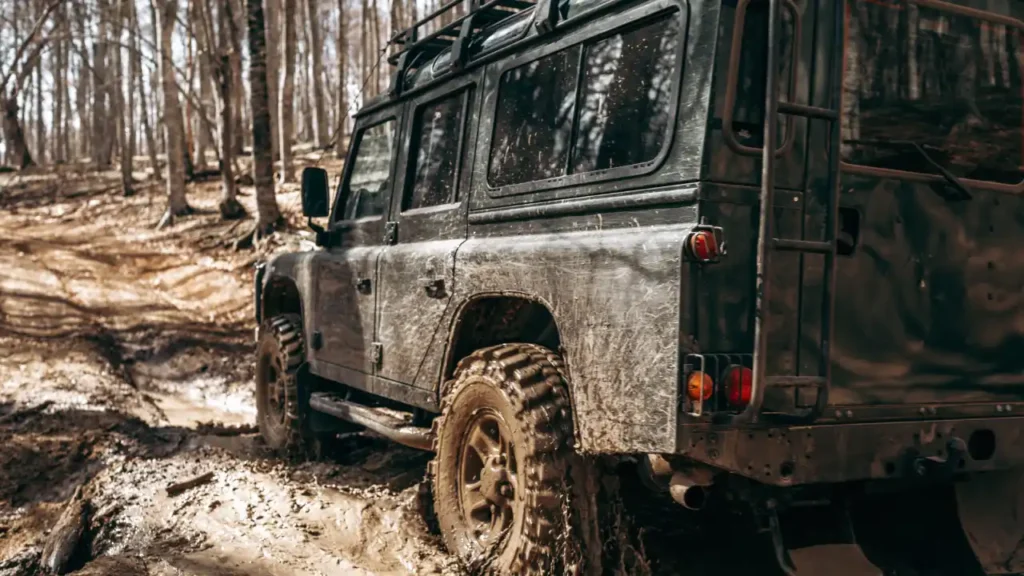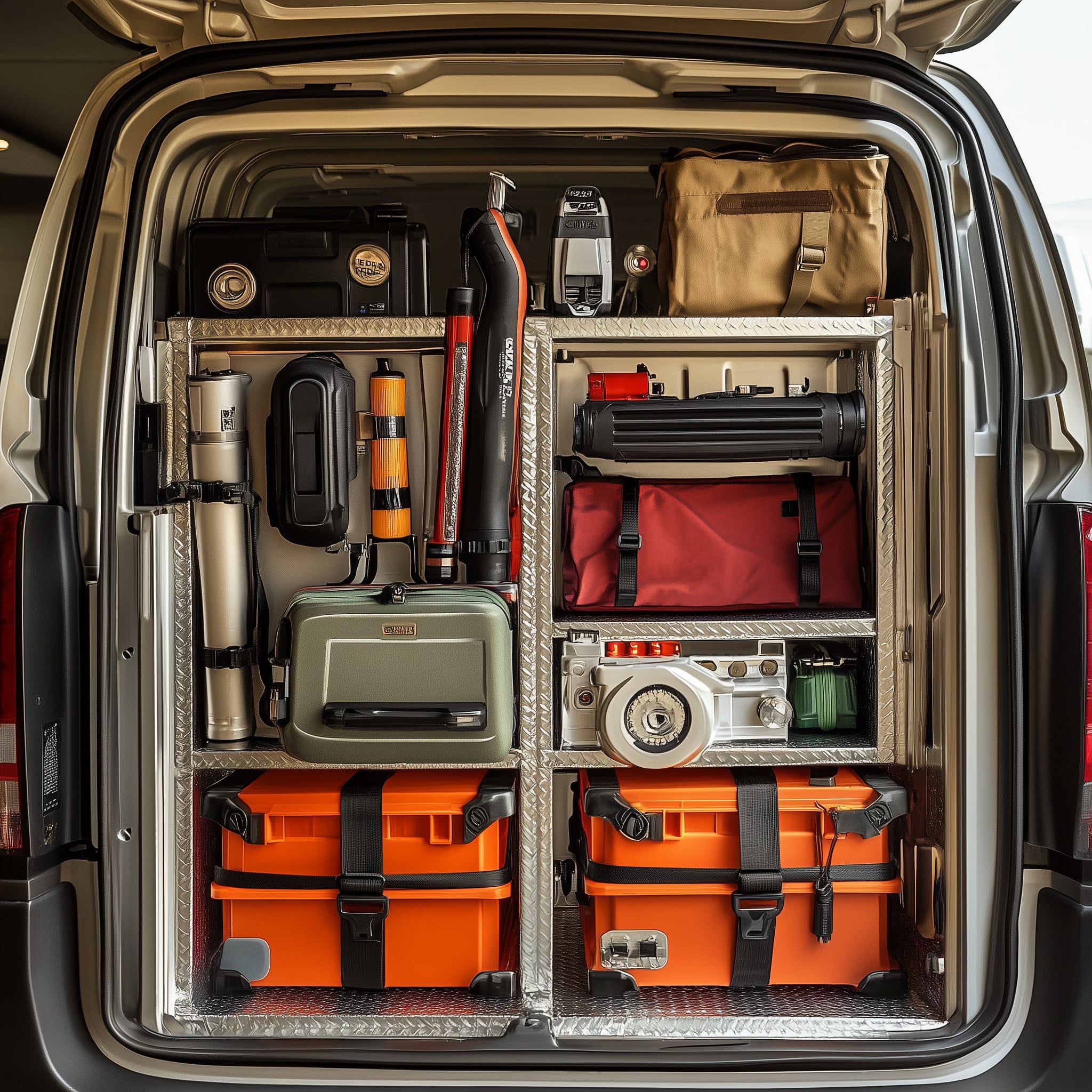
Free monthly entries to ALL giveaways
+1 every month
+5 every month
+10 every month
5%
125
150
350
100
100
50
Cancel membership anytime
Terms apply
apply

Written by
Admin
Published
August 20, 2024
Australia’s vast and dramatic landscapes make it a haven for off-roading adventurers. The thrill of traversing rugged terrain, from the dusty Red Centre to dense tropical rainforests, is unparalleled. However, remote travel demands thorough preparation, especially when it comes to survival gear. Recent trends in off-roading show an increase in adventurers seeking self-reliant journeys, emphasizing the need for equipment that ensures safety, sustenance, and recovery in case of emergency. Here’s a guide to the essential survival gear you should pack for your next Australian off-road escapade.
Off-roading in Australia’s remote areas requires reliable navigation and communication devices. Historical data suggests that many off-road incidents are a result of getting lost or being unable to call for help. A 4WD navigation system tailored for off-roading is a must; these devices can provide topographic maps and GPS coordinates that are invaluable in unfamiliar territory. A satellite phone is also essential because cellular service can be nonexistent in the outback. Moreover, a person should always carry a reliable UHF radio to maintain contact with any nearby vehicles or emergency services. Ensure your devices are charged and pack solar chargers or power banks to keep them operable during your journey.
Data trends and off-roading forums consistently highlight the importance of having recovery gear. Top of the list is a high-quality winch, which can be a lifeline if you find yourself stuck. Include recovery tracks, a pair of heavy-duty gloves, a shovel, and a recovery strap in your kit. Even the most reliable vehicles can experience mechanical issues, so it is vital to pack a comprehensive repair kit fitted for your 4WD. This should include spare tire(s), tire repair kit, jumper cables, basic tools, and vehicle-specific spares such as hoses and belts. In addition, always check the condition of your gear before setting off, as even the best kit is useless if it fails when needed.
When you’re venturing into the wild Australian landscape, you must be equipped to survive harsh conditions. Water is, without a doubt, the most critical supply. Recommendations for arid environments like the Australian outback suggest carrying at least 5-7 liters of water per person, per day, for drinking, plus additional supplies for vehicle cooling and washing. A high-quality water purification system or tablets are advisable as backup.
Moreover, food supplies that don’t require refrigeration – such as dehydrated meals, nuts, and energy bars – are good to maintain energy levels. Other essentials include a durable multi-tool, a first-aid kit tailored for the wilderness (including antivenom for potentially deadly Australian snakes and spiders), emergency blankets, waterproof matches, a sturdy knife, and a portable shelter or swag. With Australia’s varied climate, pack clothing that is suitable for both extreme heat and cold nights.
An often-overlooked piece of equipment is a comprehensive fire extinguisher, appropriate for potential vehicle fires. Additionally, every individual should have a personal survival kit, including items like a signal mirror, whistle, and a personal locator beacon (PLB) to aid rescuers in locating you.
In conclusion, off-roading in Australia can be an exhilarating experience, but it is vital to remember that it comes with real risks. By ensuring you have the right survival gear, you can enjoy your adventure with peace of mind, knowing you are prepared for any situation that might arise. Remember to check local regulations and seasonal conditions, update your skills in vehicle recovery, and first aid, and always inform someone of your travel plans before departing.